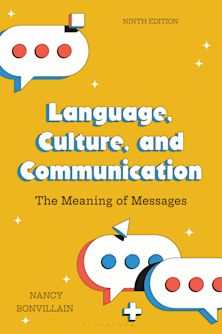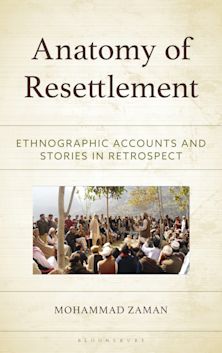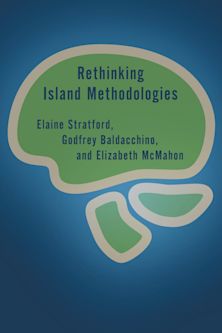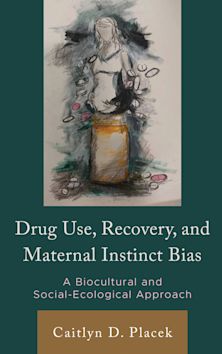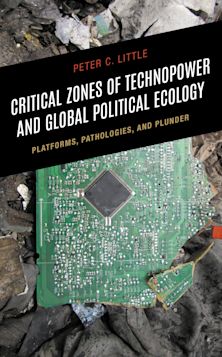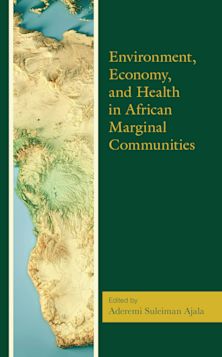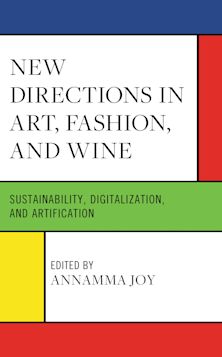- Home
- ACADEMIC
- Anthropology
- Anthropology - Other
- The Latinization of Indigenous Students
The Latinization of Indigenous Students
Erasing Identity and Restricting Opportunity at School
The Latinization of Indigenous Students
Erasing Identity and Restricting Opportunity at School
You must sign in to add this item to your wishlist. Please sign in or create an account
Description
Based upon research in rural central Florida, The Latinization of Indigenous Students examines how schools perceive and process demographic information, including how those perceptions may erase Indigeneity and impact resource access. Based on multiyear fieldwork, Campbell-Montalvo argues that languages and racial identities of Indigenous Latinx students and families may be re-formed by schools, erasing Indigeneity. However, programs such as the federally funded Migrant Education Program can foster equitable access by encouraging pedagogies that position teachers as cultural insiders or learners. Anchored by pertinent anthropological theories, this work advances our ability to name and explain pedagogical phenomena and their role in rectifying or reproducing colonialism among marginalized and minoritized groups.
Table of Contents
Chapter 1: Historical and Current Social Forces Underpinning Latinization and School Resource Access
Chapter 2: When Spanish “Dialects” are Really Different Languages: Understanding and Supporting Language Use in School Resource Access
Chapter 3: Moving on from the Notion of Either Indigenous or Latinx, but Not Both: Consequential Construction and Treatment of Race/Ethnicity in School
Chapter 4: The Migrant Education Program: A Better Source of Recognition and Resources for Indigenous Latinx Students
Conclusion: Addressing Latinization and School Resource Access
Product details
| Published | 15 May 2023 |
|---|---|
| Format | Ebook (Epub & Mobi) |
| Edition | 1st |
| Extent | 268 |
| ISBN | 9781793641007 |
| Imprint | Lexington Books |
| Illustrations | 22 b/w illustrations; 12 tables; |
| Publisher | Bloomsbury Publishing |
About the contributors
Reviews
-
Campbell-Montalvo has written an in-depth study of how a central Florida public school district and two of its elementary schools with large immigrant populations worked to meet the needs of students whose families immigrated from Latin America, particularly through its federally funded Migrant Education Program. She is especially concerned about the “erasure” in school records of non-Spanish languages spoken in the homes of some Latin American immigrants. Through interviews with school employees and students’ families and an examination of school records, Campbell-Montalvo documents how the Indigenous ancestry of some immigrant children is ignored and how school employees assume that parents are Spanish speakers when they are not. She and other researchers describe this process as "Latinization." Campbell-Montalvo also documents the lingering “Old South” racism in the community, which stigmatizes Black and Latinx students and their families. She notes a shortage of Spanish-English translators and a lack of translated school notices for non-English-speaking parents in the schools she studied. In addition, no employees spoke even one of the several Indigenous languages spoken in some students’ homes. An illuminating, though troubling, case study. Recommended. Graduate students and faculty.
Choice Reviews
-
In this valuable new book, Rebecca Campbell-Montalvo contributes to scholarly understanding of language and social justice as well as raciolinguistic enregisterment by documenting the (mis)categorization of Indigenous Latinx students within the U.S. educational system. Through careful ethnographic analysis of how bureaucratic processes of Latinization result in the linguistic and racial re-formation of Indigenous identities, Campbell-Montalvo exposes how Indigeneity is systematically erased in the institutional production of a monolithic Latinx student from a Spanish-speaking background. Her argument presents a powerful challenge to the fundamentally colonial logic underlying schools' demographic classification of Indigenous Latinx students, which results in gross inequities in access to educational resources for a diasporic community that faces multiple forms of racial and linguistic oppression.
Mary Bucholtz, University of California, Santa Barbara

ONLINE RESOURCES
Bloomsbury Collections
This book is available on Bloomsbury Collections where your library has access.












